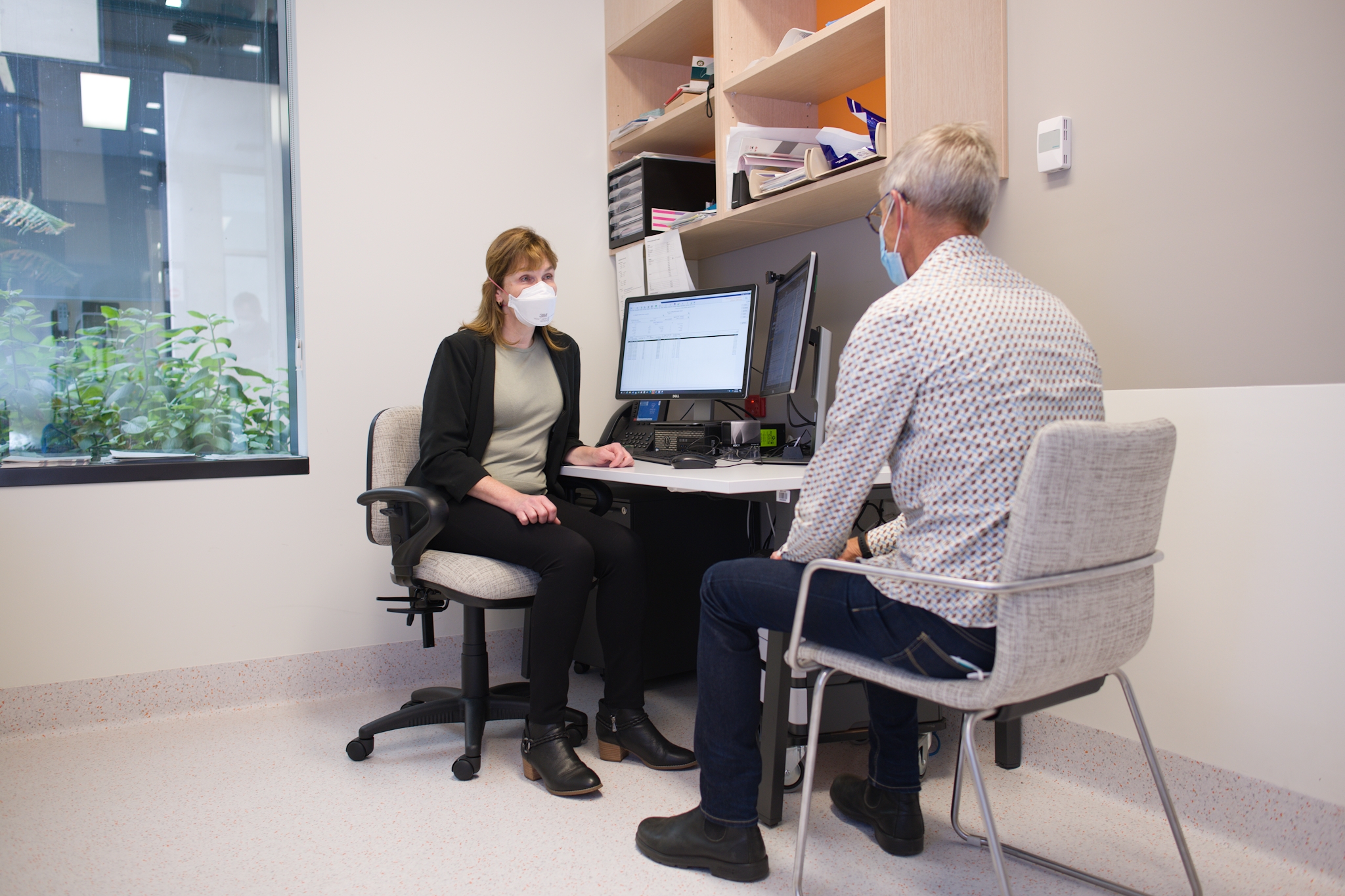The CUP Optimal Care Pathway is a document, developed by CUP specialists and consumer representatives. that outlines the consistent, safe, high-quality and evidence-based care for people with Cancer of Unknown Primary and those involved in their care. The CUP OCP has been endorsed by Cancer Australia and Cancer Council. There are several different versions of the CUP Optimal Care Pathway with information tailored to different target audiences.
The CUP Optimal Care Pathway (Full Version) offers detailed guidance on the diagnosis, treatment, and management of CUP.
You can view or download the PDF version here or explore the online version.
Please note: the online version is structured slightly differently and includes a more comprehensive glossary to support understanding.
The CUP OCP Quick Reference Guide is a summarised version that clinicians and other health professionals can quickly refer to.
Cancer of unknown primary | Guide to best cancer care | Cancer Council
Full version of the CUP Optimal Care Pathway for Aboriginal and Torres Strait Islander
Summary of the CUP Optimal Care Pathway for Aboriginal and Torres Strait Islander
The European Society for Medical Oncology (ESMO) is a professional organisation for Medical Oncology. The Clinical Practice Guidelines for Cancer of Unknown Primary (CUP) were established by a panel of multidisciplinary experts across different institutions worldwide, to provide key recommendations for managing CUP patients. The guideline covers diagnosis, risk assessment, classification, treatment and follow-up and incorporate differential diagnostic algorithms to quantifiably distinguish CUP from other cancers.
The ESMO CUP Guidelines:
Cancer of Unknown Primary | ESMO Clinical Practice Guideline for diagnosis, treatment and follow-up
Here are the links to other clinician resources. You may also use the quick links on the right side of the page to navigate.

Most people are diagnosed with cancer of unknown primary (CUP) after they have symptoms or become unwell. Some people may be diagnosed during tests for another health condition. When cancer is suspected, you might be referred for tests or to a specialist.

The treatment you have depends on a number of things, including where the cancer is and your general health. A team of doctors and other professionals discuss the best treatment and care for you. The main treatment for Cancer of Unknown Primary is cancer drugs, most commonly chemotherapy. You may also have radiotherapy to help to control your symptoms and hormone therapy.




